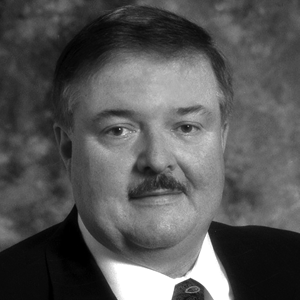
I received word yesterday that my first graduate studies advisor, Richard T (Jake) Jacobsen, passed away. His exemplary contributions to universities on the Palouse, the greater state of Idaho, the field of thermophysical properties research, and the careers of many researchers warrants recognition. To state it simply, I would not be where I am in life had he not taken the chance on hiring a cocky football player with a poor GPA nearly 15 years ago.
What people tend to overlook is his long-term contributions to the universities on the Palouse. Jake graduated with his Bachelors in Mechanical Engineering from the University of Idaho (UI) in 1963 and completed a Masters degree in the same field at the UI in 1965. He pursued a PhD at the University of Michigan only to have his advisor (Richard W. Crain) move to Washington State University, where he received the degree in Engineering Science in 1972. He was appointed as an Assistant Professor of Mechanical Engineering at the UI while working on his PhD in 1966 and appointed to Associate Professor after receiving his PhD in 1972. He was Director for the Center for Applied Thermodynamic Studies (CATS) at the UI from 1986-1999 and Dean of the UI College of Engineering from 1990-1999. Jacobsen oversaw the design efforts for the Gauss-Johnson and the Engineering Physics Buildings. The layout of Gauss-Johnson with a hub-and-spoke centered around the machine shop area helped instill a production based culture. This culture helped the UI Mechanical Engineering Capstone program to be identified as one of the top 8 exemplary programs in the US for real-world experience by the National Academy of Engineering. He was a key contributor to the establishment of the Center for Advanced Energy Studies (CAES) at the Idaho Falls campus. He later became Dean of Engineering at Idaho State University from 2006-2010 before multiple Executive Director positions within the ISU system.
Jake’s contributions to the field of Thermophysical Properties research are exemplary. He led the creation of the first multi-parameter equation of state for air as a fluid mixture, in addition to neon and hydrogen (among others). He developed techniques for efficient property estimation near phase change, including an approach for implementing the Maxwell criterion for determining the phase envelope. He was a stalwart contributor to the Symposium on Thermophysical properties held every three years in Boulder (Coulder as he liked to say) Colorado (…Bolorado). Where he helped to award the Yeram S. Touloukian Medallion for lifetime achievements to the field. He was an author of the reference handbooks, “Thermophysical Properties of Cryogenic Fluids” 1st and 2nd editions.
Jake likely had the most significant impact on my career of any mentor. He took a big chance hiring me as his first graduate student in nearly 5 years in 2005. My graduating GPA was low (3.26) due to several years playing collegiate football and leading multiple student organizations. He gave me a wonderful choice: develop new standards for natural gas distribution or hydrogen equations of state. I chose hydrogen. That made all the difference. It didn’t matter that he would be a 9 hour drive away during my Master’s Thesis research. He figure out a way to setup the video links to mentor me from afar. Key take-aways:
“Don’t grade it. Fix it.”
“Minimize use ‘of'”
The utility of conference presentations to motivate student work achievement.
How to work harder than I ever thought possible.
How to win the top Master’s thesis Award for the Western half of North America across all disciplines.
The importance of supporting someone long after careers part ways.
Essential humor.
The servant-leadership meaning of “Land-Grant”.
Thank you Jake for making all of us better.